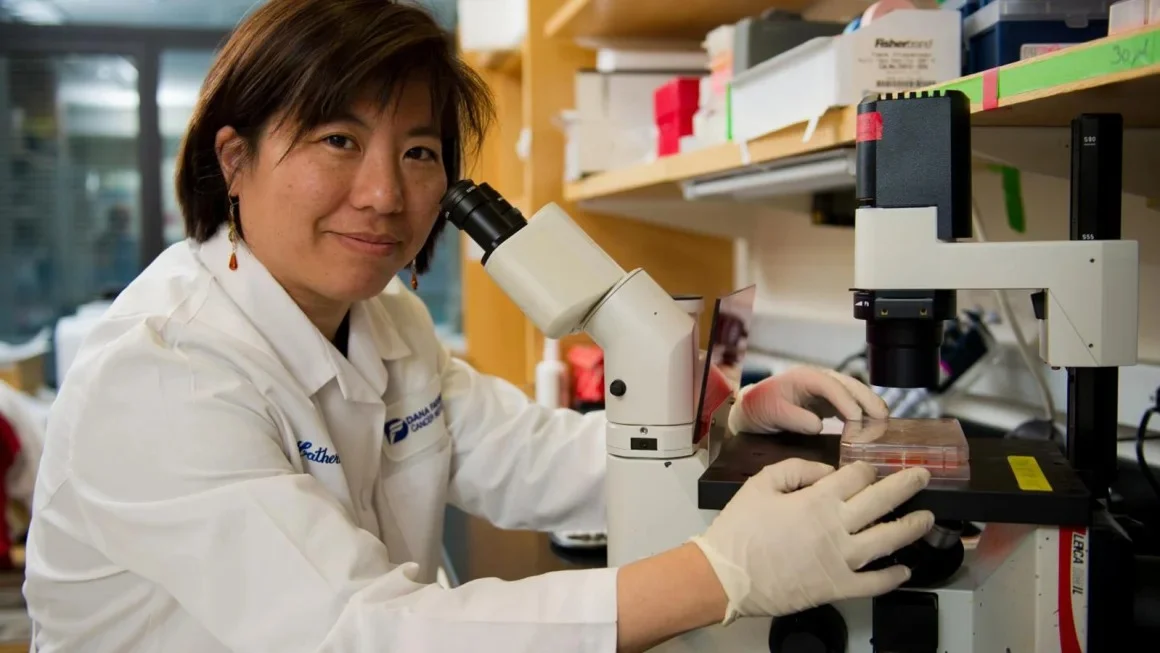By: Kelley Cai
Discovering a reliable cancer treatment has proven to be challenging. This is so because a person’s genetic composition affects their risk of developing cancer. By treating each patient’s unique cancer, Dr. Catherine Wu and her colleagues at the Dana-Farber Cancer Institute in Boston, Massachusetts, are attempting to change that. The goal of Dr. Wu’s research is to fight cancer cells by using the immune system.
She had the idea of the personalized treatment after seeing how bone marrow transplants could rewire the immune systems of leukemia patients to combat the illness. “People were being cured of their leukemia right in front of my eyes because the immune system was being activated,” the speaker said. The researchers questioned whether vaccines customized to a person’s specific cancer traits could boost that person’s immune system to combat sick cells more successfully.
For their preliminary investigation, Dr. Wu and her associates chose six patients who had advanced melanoma, a type of skin cancer. The first thing the scientists did was examine the distinct cancer features of each individual. They then developed specialized vaccines that included each patient’s unique proteins. The immunizations aimed to train the patient’s immune systems to recognize and destroy cancer cells while defending healthy ones.
Every person received a course of seven doses of their customized vaccines in 2015. Four patients showed no signs of a cancer recurrence by 2017. For the two patients with the most advanced cancer, the tumors came back. But the growths didn’t go away until the patients had four more shots of the specialized vaccinations. All six patients were deemed cancer-free by 2021. The tumors were successfully eradicated.
Despite a small sample size, Dr. Wu’s research on tailored vaccinations for cancer has shown promising results. She has won multiple awards, including the Sjöberg Prize in February 2024, which recognizes her contributions to personalized medicine and grants her a $1 million prize, of which $100,000 goes toward the prize and $900,000 goes toward cancer research.











